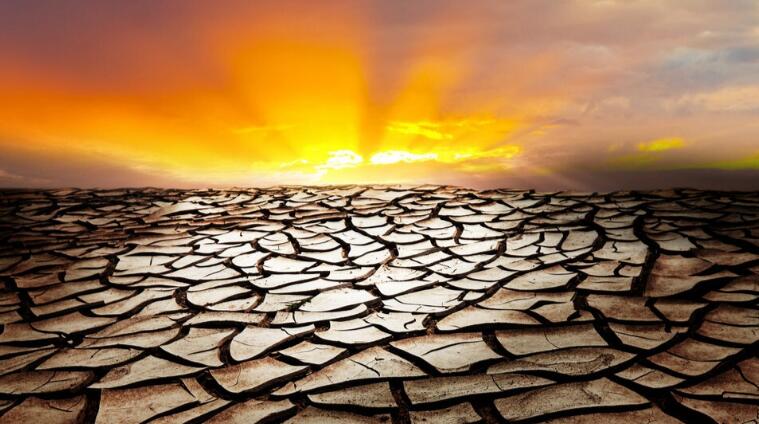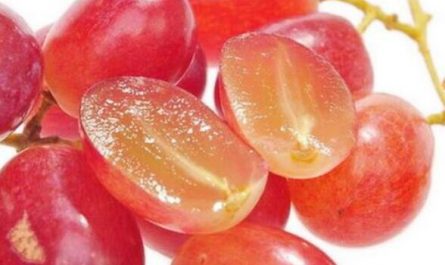When the Creator created mankind, he may have forgotten to check the quality, so that when man came to this earth, he always had to eat and drink, otherwise he would be starved to death. Compared with animals such as camels and tortoises that can not eat for a long time, the living conditions of human beings are much pitiful.
Throughout history, humans have been fighting for resources from time to time, such as fighting for oil and fighting for scarce mineral resources. In order to eat and drink, people who are not satisfied with the status quo can always do all kinds of crazy things.
Now, in the 21st century, water shortage will become the most serious resource problem facing mankind. Water resources are the basis for human survival. On our planet, although 70% of them are covered by water, humans have very few freshwater resources. The global freshwater resources account for only close to the total amount of water. 3%, the total amount of fresh water that can be used by people only accounts for 0.34% of the total fresh water storage on the earth.
And the African region at the equator is a place with severe water shortage. Due to drought and water shortage and economic backwardness, the African continent has left the world’s impression of backwardness, hunger and poverty.
Speaking of it, this is indeed an ironic thing.
Nowadays, in the eyes of people all over the world, Africa is poor, “a place where lions are infested”, primitive and backward, and many people look down on this place. But this seemingly inconspicuous place is actually the region where civilization was first bred. The ancient African continent is said to be the cradle of all mankind.
As early as more than 3 million years ago, the African ancient apes here learned to walk upright. Since then, humans have appeared. Millions of years later, these Homo erectus migrated from East Africa in batches, dragged their families and their mouths, and then dispersed to other parts of Africa, and even entered Eurasia, the Americas and other parts of the world. Since then, humans All over the world.
In addition, Africa has bred glorious ancient civilizations, and the ancient Egyptian civilization was born here. Nowadays, when talking about Africa, many people will show weird smiles; when it comes to Africans, many people regard them as the same type as the Indian three brothers, which is really ironic.
However, despite poverty and backwardness, Africans seem to have long been accustomed to accepting such a fate. As a result, people have always believed that Africans have “starved to death without farming, and thirsty without digging wells”.
It is true that Africa has the largest desert in the world, and there are arid lands everywhere. Since it is lacking, why don’t most parts of Africa dig wells to get water?
Regarding this issue, I think it can be summarized as the following reasons.
1. The harsh natural environment in Africa restricts mining
Africa accounts for 20.4% of the world’s total land area and is the world’s second largest continent (the first continent is Asia), and it is also the world’s top two most populous continent, with a population of nearly 1.3 billion.
Although there is a lot of land, there are too few areas that are really suitable for human life. Africa is known as the “tropical continent”. Among the driest continents in the world, Oceania ranks first, followed by Africa. Its biggest feature is high temperature, low rainfall and arid climate.
Since the equator traverses the center, most areas here are hot all year round. For example, in Dallor in northeastern Ethiopia, it is said that the annual average temperature has reached 34.5°C. You can imagine how difficult it is to live in such a living environment.
Because it is a severely water-deficient area, coupled with the harsh natural environment, most of the continent is mostly deserts and plateaus, which to a large extent restricts its digging wells. After all, “smart women can hardly cook without rice.”
In addition, due to the long-term impact of tropical climate and deserts, Africa’s land is dry and cracked and severely eroded by wind and sand. Such geological conditions have increased the difficulty of digging wells.
In addition, the low rainfall in Africa, coupled with the destruction of the environment in most regions, and the disruption of the local ecological balance, make the local water resources even more scarce.
2. With backward economy and technology in Africa, drilling wells is not easy
Although the Africans in ancient times created glorious ancient civilizations, with the change of climate and the changes of mankind, the civilization of Africa is gradually declining.
After the invasion of Africa by Western colonialists in the 15th century, the civilization of this region was devastated. From the 16th to the 19th century, a large number of black Africans were transported by Western colonists to the Americas to become slaves, and the local resources and wealth of Africa were also seized and divided. This is a heavy injury and blow to the local people.
After World War II, despite the long and arduous struggles of the African peoples, most of the colonies achieved national independence. However, due to long-term colonial plunder and destruction, it has caused serious damage to local economic and cultural development, resulting in Africa still being the most backward continent in the world.
Due to the backward economy, lack of funds, technology, and related professional and technical personnel, Africans have to dig wells to obtain water, which is basically equivalent to “whispering”. Someone may ask, isn’t it just digging a well? As long as the perseverance is commendable and perseverance, dripping water can penetrate the stone, not to mention just digging a well.
However, it is easy to overlook that Africa is different from most countries and regions. Usually, when a well is drilled in a general area, the water source can be seen from a dozen or twenty meters. While Africa is located on a plateau continent, most of its stratum and geological structure itself is relatively complex, and the region is short of water resources, so I just want to simply choose an address and dig a shallow well to produce water. This idea is almost Not feasible.
Therefore, in the face of nature, even if the principle of “man-made” is omnipotent, it will not work for the African people.
3. Confidence has long been destroyed, simply “breaking the pot”
In the eyes of many people, Africans have a major characteristic: laziness, laziness, and barbarism. To a certain extent, Africans are indeed relatively undisciplined. In the eyes of others, “time is money”, in the eyes of Africans, time gives way to freedom and freedom.
Due to the long-term enslavement of colonialism, economic backwardness, and the majority of Africans who believe in Christianity, Islam, etc., for this reason, Africans advocate freedom and have developed a relatively loose customs.
In addition, due to the backward economy and harsh environment in Africa, many times when people want to do a certain thing, they may not be able to do it with hard work. Under the blow of suffering, people’s self-confidence is gradually eroded and their thinking is slow. Slowly became numb, accustomed to accepting everything, so did the well digging for water.
Since it is arid and rainless area, drilling a well may not be able to get water, so just don’t drill it, accept the fate of water shortage silently, resign it to the fate, and drink water according to the sky! Therefore, there is a saying that “starved to death without farming, and thirst without digging wells”.
four,
From ancient times to the present, humans have dug countless wells on the ground, the basic purpose of which is probably nothing more than water resources. As the saying goes, “plough the fields to eat, and dig wells to drink.”
However, with the development of the times and changes in the global climate, the water resources problems faced by mankind have become more and more serious. In today’s era of water scarcity and uneven distribution, if Africans want to solve the drinking water problem, they may not only change their own internal problems, but also need to rely more on external forces and get help from other countries.
Of course, even so, it is still impossible to completely escape the fate of drought. In the era of increasingly scarce global water resources, what we can do is call on everyone to save water, cherish water resources, protect the earth’s environment, and protect the ecological balance!






